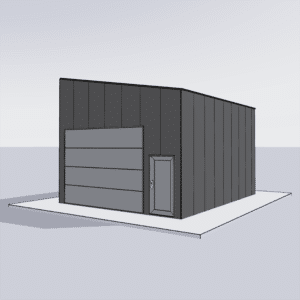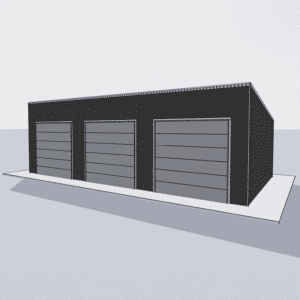Embarking on the adventure of buying a home is akin to exploring uncharted territory. It’s filled with excitement, opportunities, and sometimes, potential pitfalls. But fear not, because one crucial step will guide you safely through this journey: the home inspection. Making an informed decision starts with understanding the importance of a thorough home inspection for buyers. So, what do you need to know before diving into the nooks and crannies of your potential dream home? Let’s explore.
Understanding the Importance of Home Inspection
What exactly makes a home inspection so vital in the home-buying process? Imagine walking into a seemingly perfect home only to later discover issues that could’ve been identified earlier, potentially saving you thousands of dollars. That’s the magic behind home inspections—they’re your crystal ball into future problems.
A home inspection is a detailed examination of a property’s condition, conducted by a qualified professional. It’s your safety net, ensuring that the house you’re eyeing is worth the investment and free from hidden surprises. But what should you focus on during this inspection process?
The Key Areas to Focus on During a Home Inspection
Understanding what your inspector should look at is crucial. Typically, a comprehensive home inspection will assess the following aspects:
1. **Structural Components**: Think of the foundation as the home’s spine. Inspectors look for cracks or shifts that might indicate serious problems.
2. **Roofing**: The roof’s condition can make or break your mortgage payments in the long run. Damage or wear and tear might require significant repairs.
3. **Plumbing and Electrical Systems**: Ensuring these systems run smoothly without leaks or outdated wiring is crucial for safety and functionality.
4. **HVAC Systems**: Heating, ventilation, and air conditioning systems need to be in optimal condition to avoid a future headache—and expense.
5. **Interior and Exterior**: Doors, windows, floors, walls—everything is scrutinized to ensure there are no glaring problems.
For additional insights on how to navigate potential construction delays, check out this helpful guide on Dealing with construction delays, especially if you’re considering new builds.
Navigating Home Inspection: A Practical Guide
Now that you’re familiar with what a home inspection covers, how do you ensure it’s conducted effectively? Here’s a hands-on approach to navigating this crucial step in the home-buying process.
Choosing the Right Inspector
You wouldn’t trust just anybody with inspecting your potential home. Choose a certified, readily available inspector with good reviews—think of it as finding the perfect ally in your journey to homeownership. Your agent may recommend some trustworthy professionals, or you might find reliable resources through services like Zillow.
Being Present During the Inspection
Attending the inspection yourself allows you to personally observe potential issues and ask questions on the spot. Think of it as a treasure hunt for your peace of mind.
Understanding the Inspection Report
Your inspector will provide a detailed report. Don’t be overwhelmed by the technical language—ask your inspector for clarifications. The report helps assess if any issues need renegotiation or if the property can be your perfect fit.

Taking Action Post-Inspection
After receiving the report, you have decisions to make. Should you ask for repairs or a price reduction? Armed with new information, you’ll either proceed with confidence or find alternative options if the property doesn’t meet your standards.
Home Inspection for Different Types of Properties
While the principles of home inspection remain consistent, the details might vary based on property type. For instance, the inspection of a steel building might differ from a traditional brick home. In areas like Ontario, where steel structures are prevalent, specific insights are beneficial. Explore more about metal building systems Ontario to see what differentiates such properties.
Similarly, if you’re interested in new builds, understanding the inspection intricacies can be crucial. Check out Residential Construction for more specifics on what to expect from a newly built home inspection.
The Layered Benefits of Home Inspections
The charm of home inspections is that they not only reveal potential flaws but also highlight the home’s positive attributes. A clear understanding of your prospective home’s strengths and weaknesses gives you a solid foundation upon which to base your final decision.
An engaging way to look at this process is as if you’re building a relationship. Your home provides you shelter and comfort, and in return, you ensure it stands robust, treating it with care and attention.
Knowledge Empowers Buyers
In the grand tapestry of home buying, knowledge acts as your compass, guiding you through the challenging and thrilling brings of purchasing property. Being well-versed in home inspections allows you to make informed choices.
Conclusion: Paving the Way to Your Dream Home
Conducting a home inspection before buying is not merely a formality—it’s a critical step that can significantly affect your investment decision. By immersing yourself in the process, understanding each aspect, and engaging the right professionals, you ensure a safe and sound purchase.
Remember, your future home is not just a building; it’s a kingdom where memories are made, a castle of comfort and joy. Approach your home inspection with the diligence and care it deserves, and you’ll find the perfect four walls to call your own. Trust in professionals like Your Building Team to guide you through the entire process, ensuring that every brick and beam stands to your expectations.










